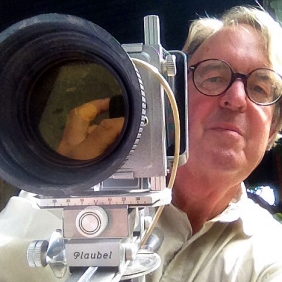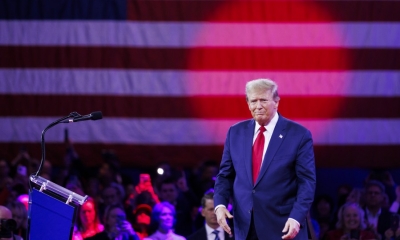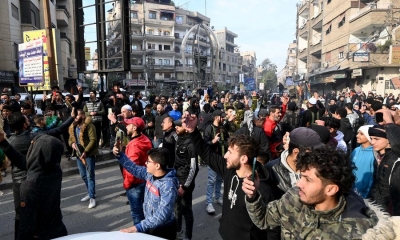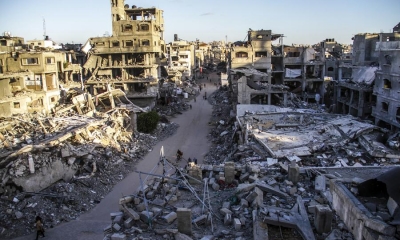Western Delusion and the Ukraine War
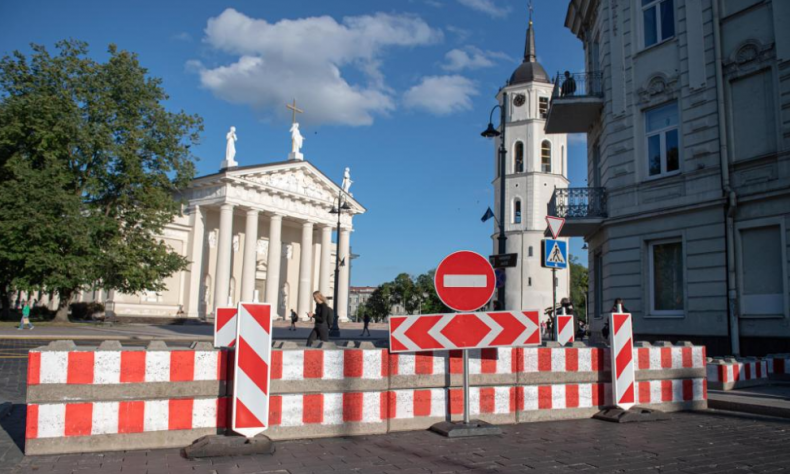
The sooner Western politicians turn toward a diplomatic peace process the better it will be for Ukraine, for Europe, and for the international community.
The West has lost its Ukraine proxy war. Peace diplomacy is urgently needed to put an end to the tragedy of the largest land war in Europe since World War II. Delusional Western politicians want the war to continue rather than terminate their war as the recent Vilnius NATO summit revealed.
The disconnect between Western intelligence services and delusional Western politicians plays a primary role in this war. Internal issues within the intelligence services also account for the initiation and continuation of the war.
Situation on the ground
Contrary to Western information warfare, Ukraine has lost on the battlefield, knowledgeable observers say. The recent failure of Ukraine’s much vaunted “counteroffensive” resulted in catastrophic losses of men and materiel. Although some Ukrainian generals reportedly advised against it, Zelensky pushed ahead.
Zelensky’s folly during the entire war stems from the longtime NATO project to use Ukraine against Russia. Zelensky deceived the Ukraine voters by running on a peace platform he cynically never intended to carry out. Instead, his policy for war was directed by Washington and its NATO partners.
Ukraine is de facto partitioned and the question today is how much further will it be partitioned during the course of the war and after. Russia absorbed Crimea in 2014 after the Western sponsored “Maidan coup”. Subsequently Russia absorbed breakaway areas in the Donbass region. Russia considered these territories as part of Russia and they will not be returned.
Poland, Romania, and Hungary may wish to recover parts of their former national territory lost as a result of World War I and World War II.
The political context in Ukraine must be taken into account. The reality is that all opposition political parties have been banned as well as all opposition media. Forcible recruitment of civilians to be pressed into military service (and slaughtered) at the front is ongoing. The Nazi style ideology of key political factions dominates and controls the regime.
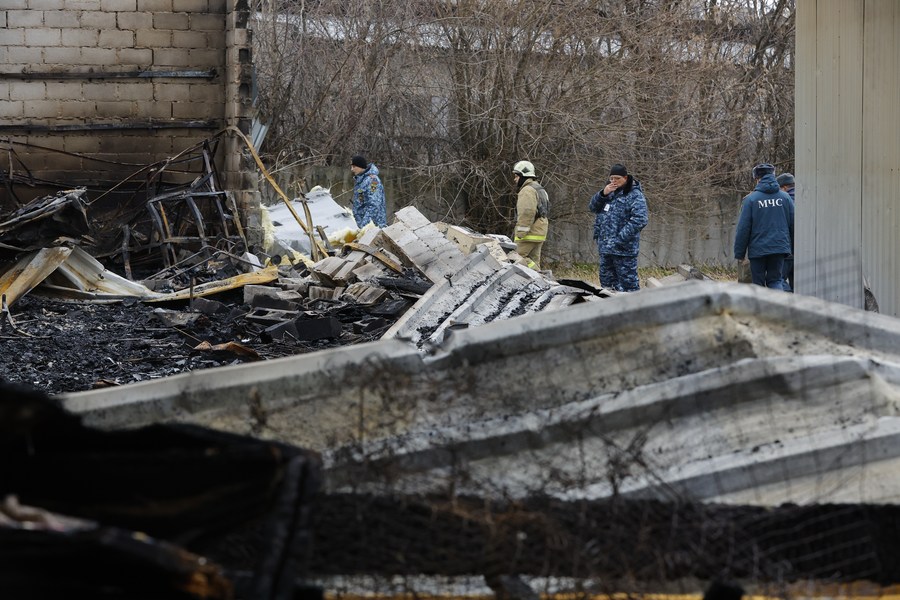
Ukraine and Western politicians are confronted with a stark battlefield reality and the loss of an estimated 300,000 dead troops and large numbers of wounded in the war so far. This is not to mention the destruction of massive numbers of tanks, armored vehicle, and other weapons systems. The fact that Ukraine would run out of ammunition was no secret back in 2022. It was a simple matter to calculate, for example, the rate of artillery fire by Ukraine and the supply of artillery rounds available from its stocks, from NATO stocks, and from third country stocks and then factor in production U.S. and European capacity.
As has been publically revealed in this war, the U.S. and its NATO allies do not have the sufficient weapons inventory or defense industrial capacity to supply the necessary war materiel. For information war purposes, however, the West has highlighted various “wonder weapons” it transfers to Ukraine such as tanks, armored vehicles, and the like. Recently the propaganda has highlighted cluster munitions for artillery and F-16 fighter aircraft. None of these will have any decisive effect, as military experts well know.
In sum, Ukraine has lost the war but it continues because the West wants to “weaken Russia”, as U.S. defense secretary Lloyd Austin has said.
Delusional Western politicians
The public statements of Western leaders and parliamentarians about the Ukraine war reflect delusional states of mind. It is true that a few politicians have spoken against the war but the large majority have not.
Realistic assessments by the analytical branches of Western intelligence services have reportedly been negative on the war from the outset. No doubt many civilian and military intelligence services around the world at the analytical level assess the same.
But unfortunately, a key problem arises with many such services. While the analysts perform professionally the upper reaches are politicized. Thus, the intelligence product from the analytic level may well be ignored or “cooked” at the upper levels so as to please the political establishment. Of course, this is not only unprofessional but it is also dangerous to the national security of states where this level of corruption has set in.
It must be said in fairness, however, that the present director of the CIA, Ambassador William Burns, is a highly respected career expert on Russia and very well knows the present situation and how the U.S. and NATO forced a Russian response to Ukraine’s war preparations and conduct against Donbass.
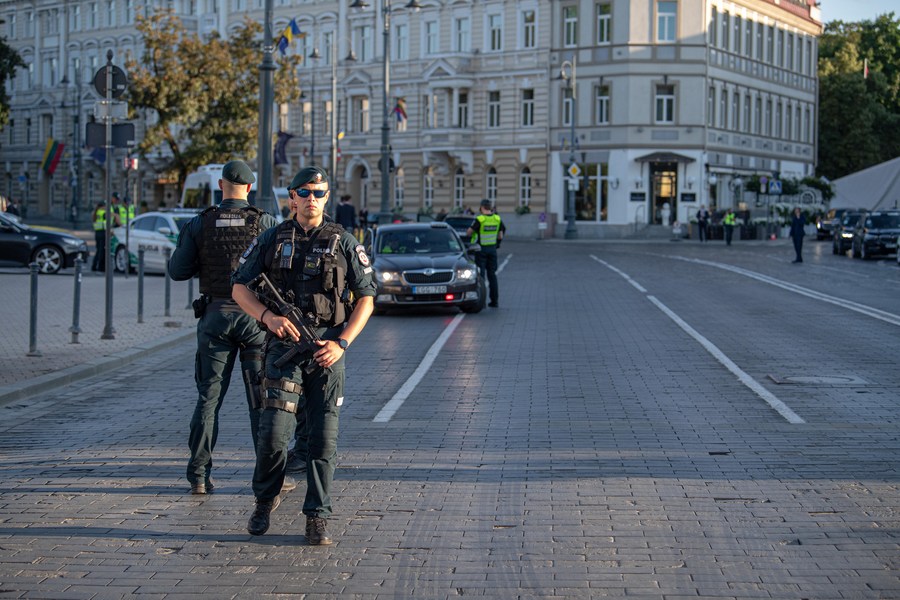
In the United States Congress glowing reports from State Department and Pentagon officials giving public testimony reflects the information warfare line rather than a realistic assessment of the actual situation whether in Ukraine or elsewhere.
It must be said, though, that in recent weeks the tone from the Pentagon has changed slightly and has become somewhat more cautious. The intelligence community is naturally closed lipped in public but it is likely that their closed-door Congressional briefings reflect a similar caution based on the actual ground reality in Ukraine. They very well know the ground reality from overhead systems, electronic collection, human intelligence and other national technical means.
There is a small but growing number of members of the U.S. Congress who oppose continuing this tragic war by providing more billions of dollars of war materiel to Ukraine. It is interesting and significant that both Republicans and Democrats in a bipartisan manner recently voted against the shipping of cluster munitions to Ukraine. The “war party” collectively in each of the two parties, however, outvoted the “peace party”.
The small but growing bipartisan group of Congressional opponents of the Ukraine war offer some hope that political pressure is mounting against the Biden administration to terminate the war. Both Donald Trump and Robert F. Kennedy Jr. have spoken out against the war. Mass demonstrations in Europe against the Ukraine war and NATO indicate public opinion at least in Western Europe. Poland and the Baltic states are led by extremist politicians so remain firmly committed to the war, for now.
Where is the war headed?
While the present situation on the ground indicates that Ukraine has lost the war it is not yet clear what Russian moves are to come. Moscow’s stated war objectives are to “demilitarize” and to “denazify” Ukraine. Decisively defeating the Ukraine military on the battlefield followed by Ukraine surrendering would address the first objective. A change of regime in Kiev would address the second objective.
Moscow has also said that it has a humanitarian objective to protect ethnic Russians and Russian speakers in Ukraine. They are predominantly in the east and south of the country. This raises the question of how much more territory in these two areas does Russia plan to recover. Historic Novorossiya created by Catherine the Great (reign 1762-1796) extends from the Odessa region in the south up to the Kharkov region in the east.
Recovering historic Novorossiya will clearly take extensive offensive military operations. There is then the question of how much of a buffer zone would extend from this new boundary between Russia and Ukraine. The buffer zone would have to take into account the range of the weapons given by NATO to Ukraine.
The time frame for such extensive offensive operations is given by some military analysts as from now to Christmas. Some of these analysts say that Russia could wrap up its operations in October before the onset of winter. Be that as it may, the window is about four months.
Peace diplomacy urgently needed
Western military and intelligence services are well aware of this ground situation and Russian capabilities as noted earlier. The question is to what degree Western politicians will listen to realistic assessments and be motivated to turn toward diplomacy, war termination, and a peace settlement.
To what degree will the West be motivated? A complicating political factor is that the West does not want to be perceived as “losing” the Ukraine war that it started. The so-called “credibility” of NATO and indeed its future seem to be riding in the balance.
The sooner Western politicians turn toward a diplomatic peace process the better it will be for Ukraine, for Europe, and for the international community. Peace diplomacy is urgently needed sooner rather than later.
The article reflects the author’s opinions, and not necessarily the views of China Focus.
 Facebook
Facebook
 Twitter
Twitter
 Linkedin
Linkedin
 Google +
Google +



